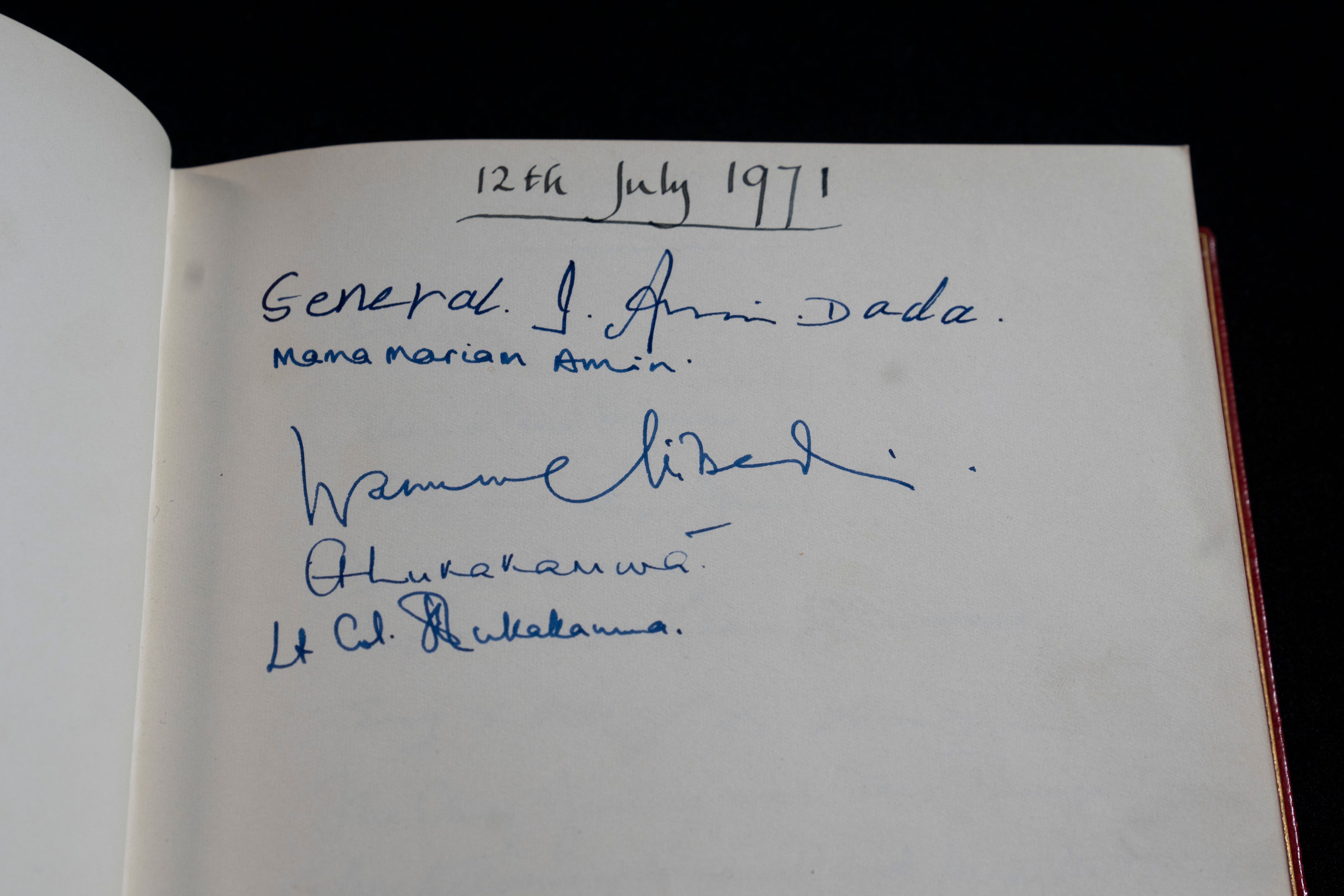Ministers in Tony Blair’s government were advised to use Post-it notes for sensitive messages to avoid having to release them under new Freedom of Information, according newly-released official files.
The Labour government had originally passed the Freedom of Information Act in 2000 but as the full implementation date approached on January 1 2005 there was growing disquiet among ministers and senior officials at the implications.
One No 10 adviser, wrote to Mr Blair suggesting Post-it notes – which could presumably then be thrown away once the message had been read – as a way of getting round the requirement to disclose official material in response to FoI requests.
“I also think Cab Ministers will want to make sure that Perm Secs are gripping this and information does not just filter out of the machine,” she wrote.
“Also people will want to give consideration to the vast array of emails etc…
“Post-it notes are the answer!”
Mr Blair subsequently regarded the FoI Act as one of his greatest mistakes as prime minister, writing in his memoirs that he had been a “naive, foolish, irresponsible nincompoop”.
Meanwhile, three gilt-edged volumes of No 10 visitors’ books, covering the years 1970, when Edward Heath was prime minister, to 2003 when Tony Blair was in office, have been released to the National Archives at Kew, west London.
Over that time, princes and potentates, presidents and prime ministers, heroes – and some decided villains – all left their mark for posterity.
When the late Queen visited she would sign herself Elizabeth R, while the present King and his then wife were simply Charles and Diana.

The illustrious list of names includes successive US presidents from Jimmy Carter through Ronald Reagan, George Bush senior and Bill Clinton to George Bush junior.
At the end of his visit in 1989, the elder Mr Bush wrote: “With respect, friendship, and gratitude for this relationship that means so much” to which his wife, Barbara, added: “Me too.”
In 1996 South Africa’s president Nelson Mandela noted “Visiting Downing St, No 10, is always an unforgettable experience” while Czech president Vaclav Havel added a heart sign under his name.
Two particularly remarkable pages commemorate the 250th anniversary of No 10 in 1985.
The first is signed by the Queen and the Duke of Edinburgh, who signed himself Philip.
The facing page is then signed by all five surviving former prime ministers, Harold Macmillan, Sir Alec Douglas-Home, Harold Wilson, Edward Heath and James Callaghan, as well as the then incumbent Margaret Thatcher.
Other notable visitors over the years included Sir Winston Churchill’s widow, Clementine, the Second World War commander Viscount Montgomery of Alamein, and Emperor Haile Selassie of Ethiopia.
Among those no doubt less fondly remembered are the notorious Ugandan dictator Idi Amin and Zimbabwe’s president Robert Mugabe.











